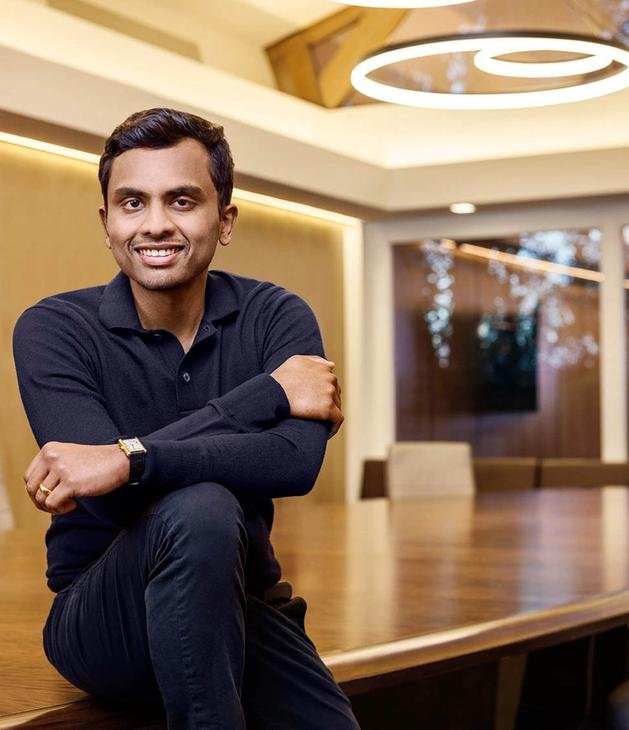Aditya Naganath’s venture capital philosophy is straightforward: “If you build it, they will come.”
As Principal Investor at Kleiner Perkins, Naganath has built quite the resume for himself, including a blend of operational roles at major tech companies and expertise in business strategy.
Naganath’s professional journey is marked by his hands-on engineering positions. Post-graduation, he served as technical lead at Palantir, where he played a role in developing the software giant’s Foundry Platform. He went on to earn an MBA from Stanford’s GSB and took on the position of product manager at Google, overseeing tools that helped SMBs during the pandemic.
Joining Kleiner full-time in 2022, Naganath is now part of the firm’s elite team of investors. His focus is on early-stage enterprise software, including application infrastructure, security, and AI.
Naganath was a recent guest at Ascend’s AMA, a monthly session for portfolio founders where we bring in experts on relevant topics (this month's focus: getting to Series A). He shared insights on fundraising strategies, crafting compelling narratives, and advice for out-of-geo startups. Keep reading for our main takeaways from that conversation.
“You need to be able to zoom in and out of your business:” Founders should strive to deeply understand their market and parlay that understanding into compelling storytelling as well as sound justification of their approach. The best ones often combine this with an obsession about the details of their product and their company's operations and finances.
Product craft: Founders should be obsessed with product craftsmanship. “It’s about the details and having a taste for the product,” he said. He sees this as a crucial factor in successful investments like Rippling, Figma, and Loom.
Not all metrics are created equal: Revenue, while important, should not be the sole indicator of potential. Naganath recommends focusing on “atomic units of value” rather than data like NRR, ARR, or burn rate. He points out that measures like net new ARR better indicate growth pace. For instance, infrastructure companies face delayed monetization, and it’s up to investors to understand these trajectories.
Naganath’s three tips for raising your Series A:
Avoid making hasty decisions and accepting initial offers without consideration. “Think about your cap table construction,” he said.
Do not raise too early just to get more dollars into your company. This can turn away quality investors. “I’m not saying to wait until you have three months of runway left,” he said. “But the risk you run is that a good investor might say, ‘Hey, I don’t think you’re quite ready.”
Be authentic and transparent about why you are fundraising and the current situation that your startup is encountering. “The investors who shy away from that will probably not be a good fit anyway,” he said.
Effective investor engagement: Be transparent about the framing of your outreach and meetings with investors, whether that’s a formal pitch meeting or relationship building. In the latter case, it creates the option of building a relationship with the investor at a more authentic level, and avoids pushing the investor to make an immediate investment decision. It’s also wise to be considerate of your own time to avoid spending too much time on relationship building, rather than working on your startup, which can appear as a negative signal to investors.
Navigating VC pitches for founders outside major tech hubs: The challenge for founders outside major tech hubs, like the Bay Area and New York, is proving you can attract top talent, especially in fields like AI. “You have to make the case for your talent pool,” Naganath said.
Investors may have biases about talent from big companies like Microsoft and Amazon, assuming they lack startup DNA. He adds, “On the flip side of this is that there are certain values. Founders who are too plugged in for their own good just come across as bravado, arrogance or immaturity.”
Parting thoughts: Founders should continually refresh their perspective to deeply understand the market they are venturing into and commit to their craft.
“Good things will follow,” he said.

